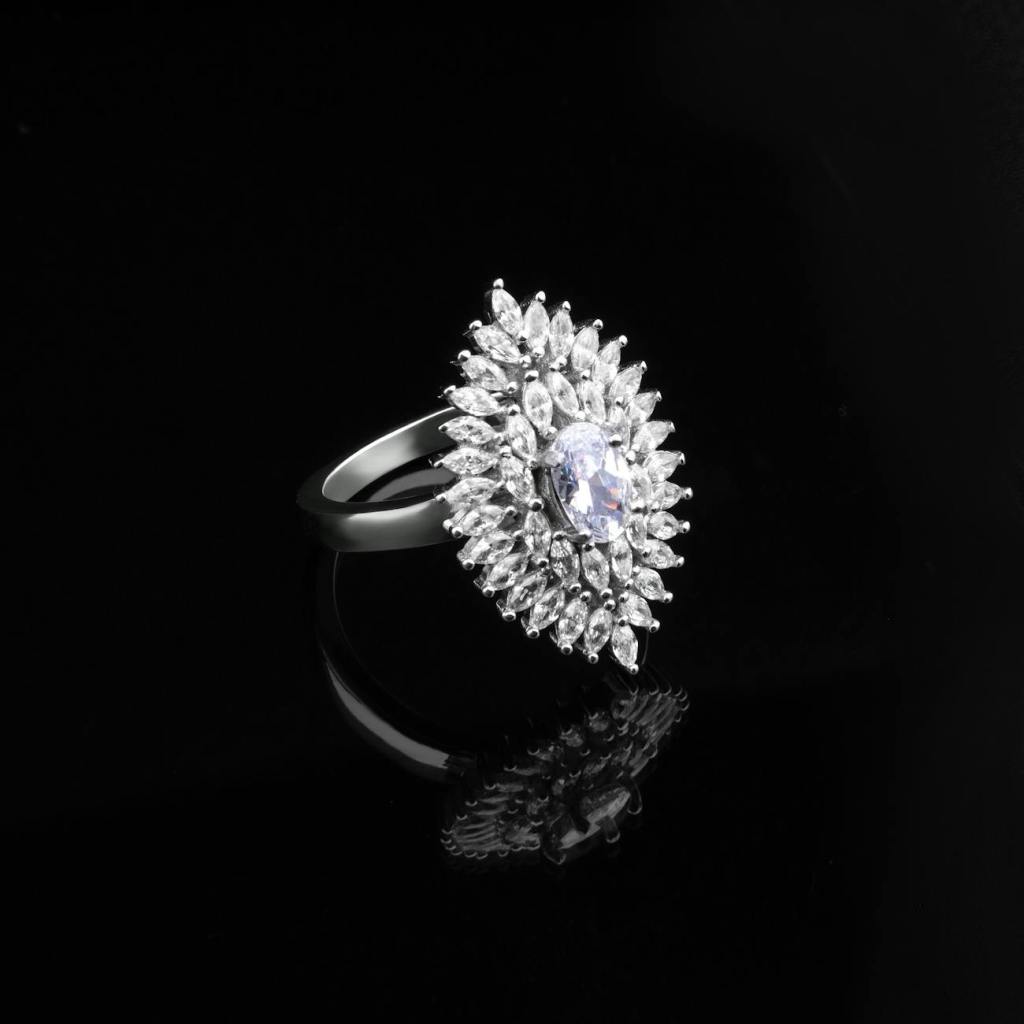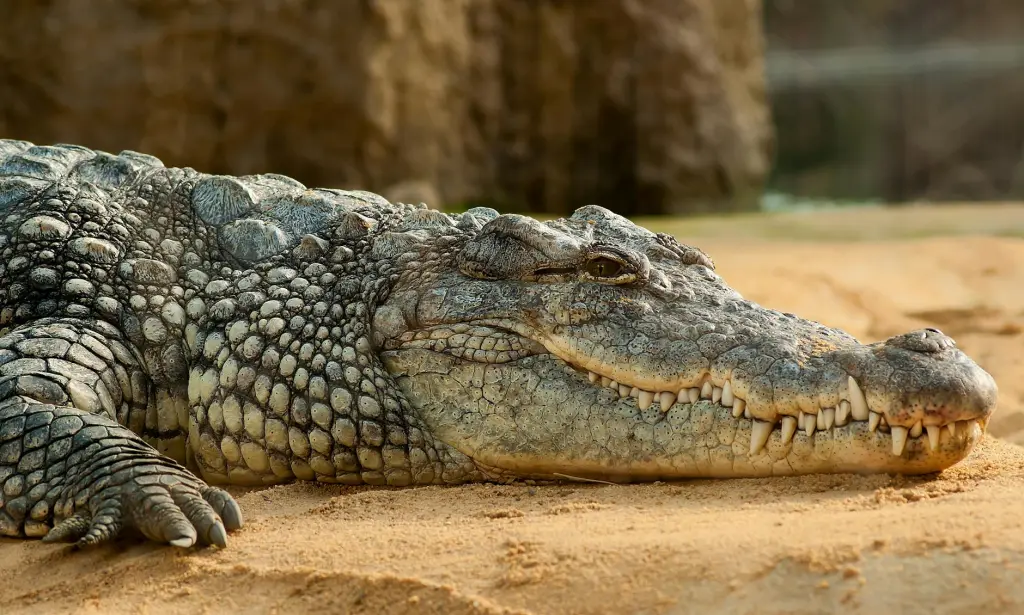The UK Advertising Standards Authority has banned synthetic diamond brand Skydiamond’s press and Instagram adverts for misleading consumers into believing that the gems were real diamonds when they were, in fact, synthetic.
The ASA’s investigation was launched following a challenge by The Natural Diamond Council, who understood the products were laboratory-created diamonds, and thus challenged whether the claims “Skydiamonds”, “diamonds”, “real diamonds” and “diamonds made entirely from the sky” in the ads were misleading.
The adverts, which appeared last February, featured the headline Say hello to the world’s first and only diamond made entirely from the sky. Smaller text underneath stated: We make diamonds using four natural ingredients, the sun, wind, rain and something we have too much of, atmospheric carbon. In doing so, our technology turns a negative into a positive. Now that we can mine the sky, we never need to mine the earth again. Under a ‘Frequently Asked Questions’ section of the brand’s website, the question Are Skydiamonds real diamonds? is asked, with the answer provided confirming: Each Skydiamond is a perfectly formed real diamond.
In response to the complaint, The Sky Mining Company, trading as Skydiamond, claimed that the ads made clear that their diamonds were not mined from the earth and as such were not naturally occurring diamonds, referred to as natural diamonds. They say that it was unambiguously clear to an average consumer from their website that they manufactured diamonds using a technological process that took all of the process constituents, including atmospheric carbon, from the sky. In doing so they clearly and explicitly did not mine the earth and did not sell natural, earth-mined diamonds.
The issue of what is and is not a ‘diamond’ has been the subject of intense debate in recent years, as the synthetic diamond trade has exploded in popularity. Lab-grown diamonds are created in factories using extreme heat or extreme pressure. Proponents argue that they have the identical chemical makeup of diamonds mined from the earth. The synthetic variety are often marketed with words such as ethical and sustainable, phrases which have been as ‘greenwashing’ by those working int the traditional diamond mining industry. Other manufactures of synthetic diamonds have launched collections under confusing names, such as cultured diamonds, deliberately obfuscating their legitimacy.
The World Jewellery Confederation (CIBJO) defines a diamond as “a natural mineral consisting essentially of pure carbon crystalized with a cubic structure in the isometric system” and, in 2020, The Diamond Terminology Guidelines were adopted by the UK’s National Association of Jewellers in Association with Trading Standards, who released the following steps that should be adhered to when referring to synthetic diamonds:
- Use one of the following authorised qualifiers when referring to synthetic diamonds: “synthetic”, “laboratory-grown” or “laboratory-created”.
- Do not use abbreviations such as “lab-grown” and “lab-created”.
- Do not use the following terms: “cultured diamonds” and “cultivated diamonds” as “cultured” and “cultivated” refer exclusively to organic/biogenic products.
- Do not use the following terms: “real”, “genuine”, “precious”, “authentic” and “natural” as those apply exclusively to natural minerals and gemstones.
The ASA upheld the complaint and stated that marketing communications must not mislead the consumer by omitting material information. Further, adverts must not mislead by hiding material information or presenting it in an unclear, unintelligible, ambiguous or untimely manner. Because the ads did not make clear that Skydiamond diamonds were synthetic we concluded that the claims “diamonds”, “diamonds made entirely from the sky” and “Skydiamond” were misleading. The ruling states that Skydiamond cannot use the terms “diamonds”, “diamonds made entirely from the sky” and “Skydiamond” to describe their laboratory-created diamonds in isolation without a clear and prominent qualifier. The ASA also told Skydiamond not to use the claim “real diamonds” to describe synthetic diamonds.





Leave a comment